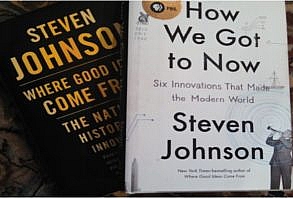One of the questions most executives ask themselves in regard to their employees and their organizations is: “How do we achieve peak performance on a continuous basis?”
Attaining peak performance is almost always about understanding one’s
physiology and gaining a better control of emotions, thus enabling smarter
decision making. Every success, failure, or opportunity seized or missed is the
result of a decision that someone made or failed to make. In neuroscience
terms, all decisions are initially driven by feelings, after which they are
justified by reason or logic. In effect, dismissing or suppressing emotions
causes the brain to underperform.
What if this could be rectified through emotion
engineering or wearable technology that can “feel” emotions? Decision
making boils down to the emotions of the individual making a decision.
Technology is at its most seductive when it offers to meet our vulnerabilities,
and tech entrepreneurs the world over are racing to claim a new technical
frontier: human emotions.
According to Gartner, “By 2022, 10%
of personal devices will have emotion AI capabilities, either on-device or via
cloud services, up from less than 1% in 2018.”
Is Emotion Engineering The Next Big Field Of Study?
Science and technology are still in the early stages of finding the right
answers to that question, but as an initial take, this engineering will involve
a deeper analysis of DOSE: dopamine, oxytocin, serotonin and endorphins.
DOSE are mood-elevating neurotransmitters that
influence our moods, sleep, behavior, reactions and decisions.
Can we stimulate a new happy feeling by introducing a burst of brain activity by inducing one of these chemicals, which will, in turn, help us make better decisions? Can DOSE help maintain equanimity in the face of all odds? And is there some sort of yet-to-be-created app that will somehow be able to monitor these neurotransmitters?






